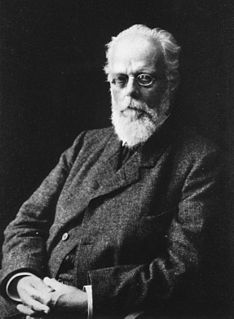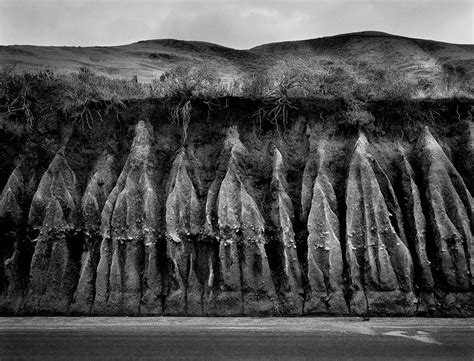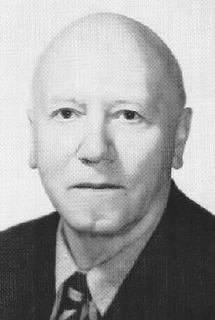A Quote by Charles Sanders Peirce
The a priori method is distinguished for its comfortable conclusions. It is the nature of the process to adopt whatever belief weare inclined to, and there are certain flatteries to the vanity of man which we all believe by nature, until we are awakened from our pleasing dream by rough facts.
Related Quotes
...as I reject the old time beliefs, it is not a matter of countering belief with belief, rather I can challenge the efficacy of old beliefs with sound arguments. We believe in nature and that human progress depends on the domination of man over nature. There is no conscious power behind it. This is our philosophy.
There is nothing in the nature of a miracle that should render it incredible:;: its credibility depends upon the nature of the evidence by which it is supported. An event of extreme probability will not necessarily command our belief unless upon a sufficiency of proof; and so an event which we may regard as highly improbable may command our belief if it is sustained by sufficient evidence. So that the credibility or incredibility of an event does not rest upon the nature of the event itself, but depends upon the nature and sufficiency of the proof which sustains it.
We do not draw conclusions with our eyes, but with our reasoning powers, and if the whole of the rest of living nature proclaims with one accord from all sides the evolution of the world of organisms, we cannot assume that the process stopped short of Man. But it follows also that the factors which brought about the development of Man from his Simian ancestry must be the same as those which have brought about the whole of evolution.
What I believe is that we have this extraordinary spirit inside ourselves, which for me is our Buddha nature. I believe we are in the process of opening and getting closer and closer to our Buddha nature and stripping away all that is covering it. I don't think I'm going to end up meeting this one being up there or out there.
Nature consists of facts and of regularities, and is in itself neither moral nor immoral. It is we who impose our standards upon nature, and who in this way introduce morals into the natural world, in spite the fact that we are part of this world. We are products of nature, but nature has made us together with our power of altering the world, of foreseeing and of planning for the future, and of making far-reaching decisions for which we are morally responsible. Yet, responsibility, decisions, enter the world of nature only with us
The exact sciences, which would be considered a priori as little adapted to women, for example mathematics, astronomy and physics, are exactly those in which thus far they have most distinguished themselves. This contains a warning against too precipitate conclusions about the intellectual life of woman.
I shall no doubt be blamed by certain scientists, and, I am afraid, by some philosophers, for having taken serious account of the alleged facts which are investigated by Psychical Researchers. I am wholly impenitent about this. The scientists in question seem to me to confuse the Author of Nature with the Editor of Nature; or at any rate to suppose that there can be no productions of the former which would not be accepted for publication by the latter. And I see no reason to believe this.
Nature is man's inorganic body -- that is to say, nature insofar as it is not the human body. Man lives from nature -- i.e., nature is his body -- and he must maintain a continuing dialogue with it is he is not to die. To say that man's physical and mental life is linked to nature simply means that nature is linked to itself, for man is a part of nature.







































